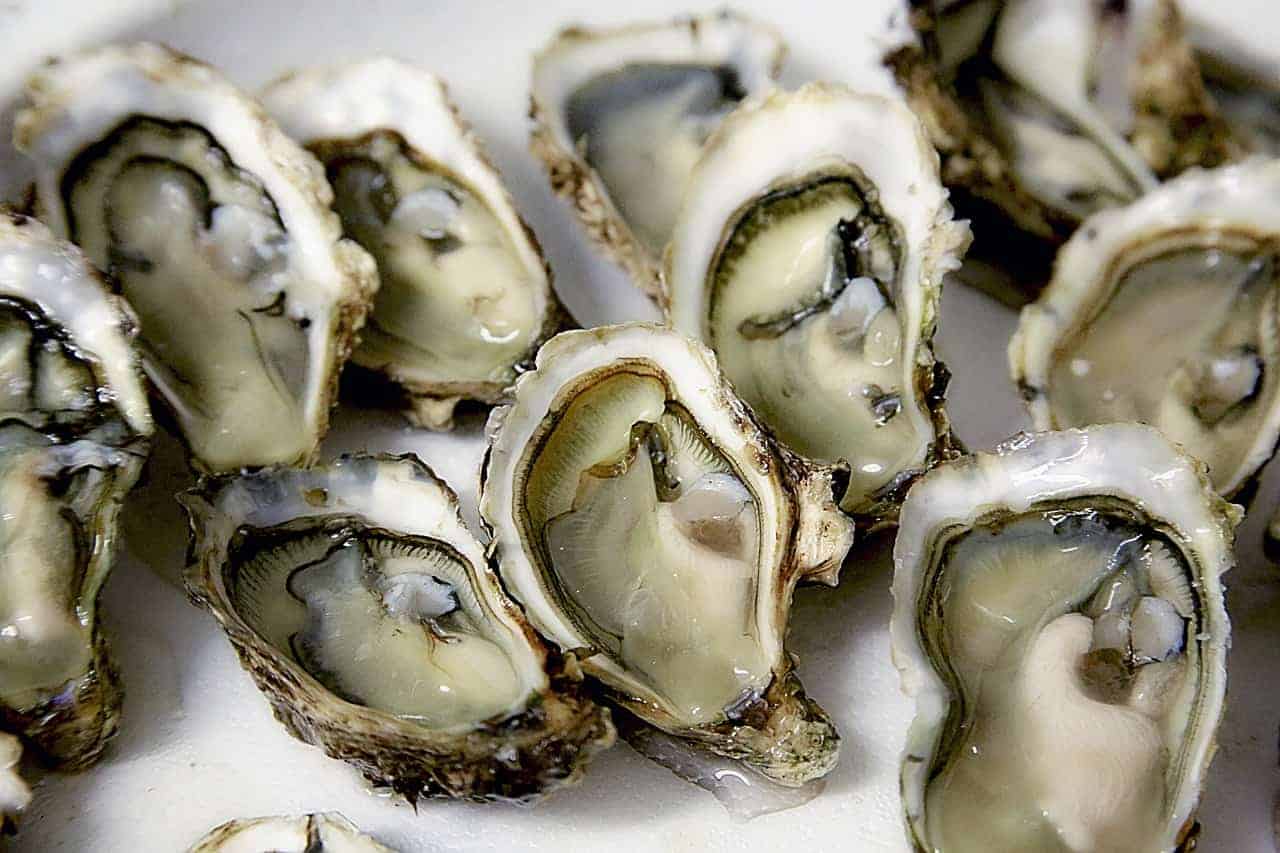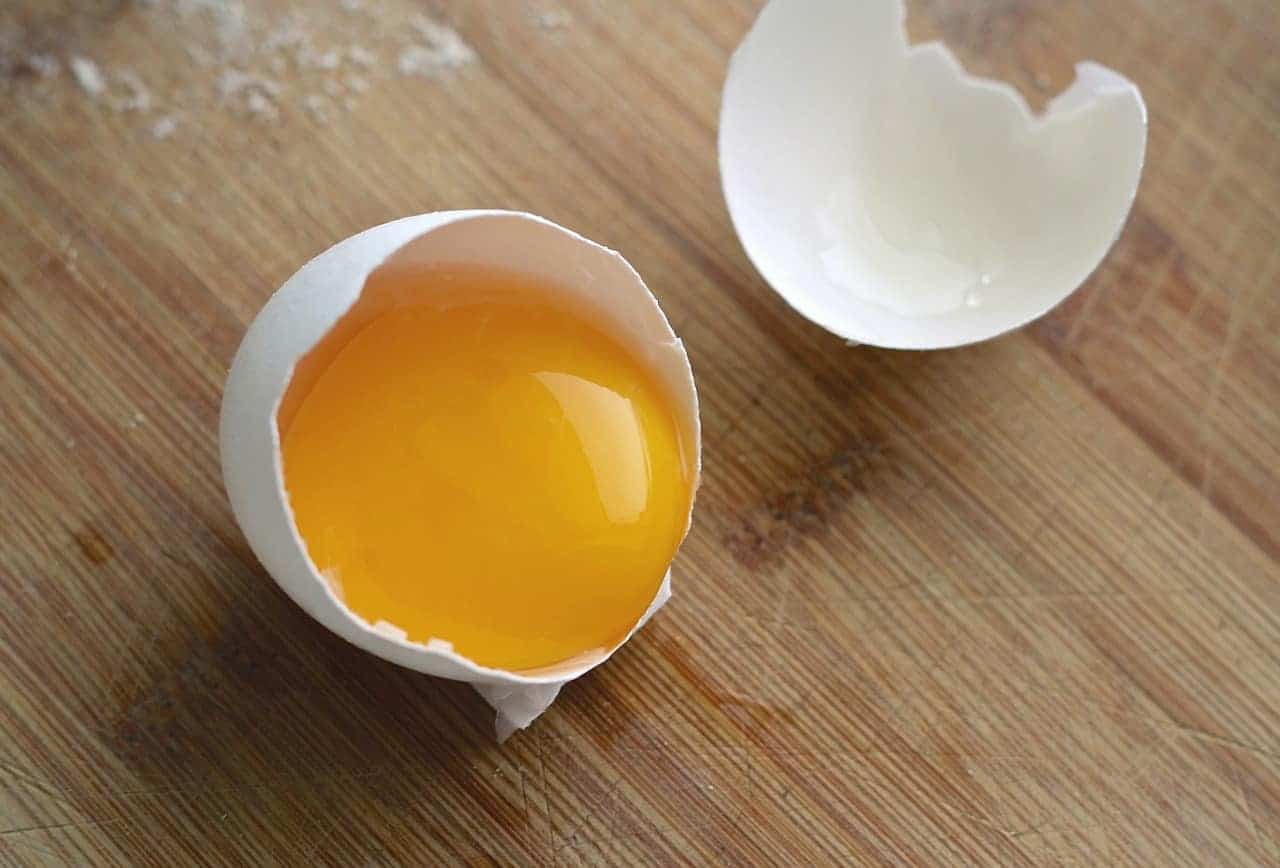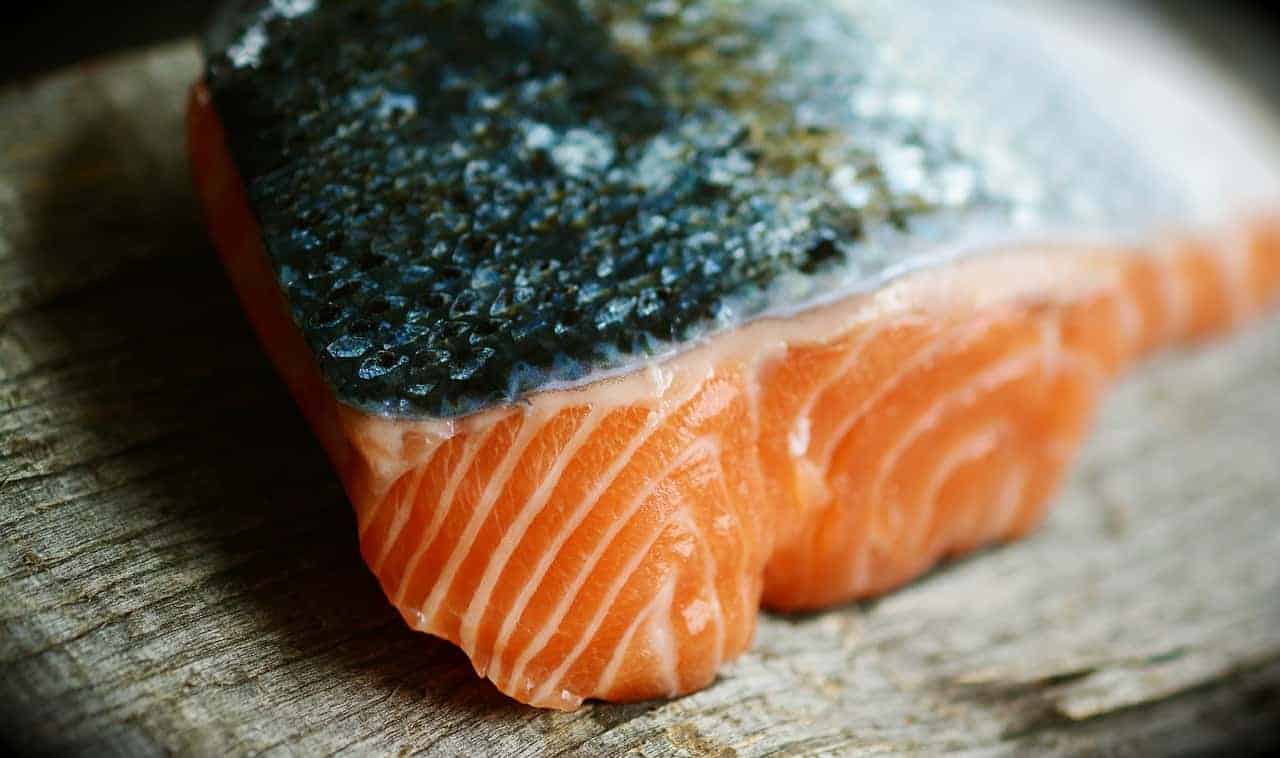Intrauterine insemination (IUI) is a common procedure used to treat infertility. It is less complicated and less invasive compared with other fertility treatments such as IVF. Preparing for it is relatively simple with a few dos and don’ts to keep in mind.
Sex before IUI is generally allowed, but it should be done two days before the sperm is collected for the procedure. Having sex one day before the procedure may be discouraged as it may prevent the male from producing adequate sperm cells on the day of insemination.
Having sex before IUI must be done at the optimal date as advised by the doctor. It depends on several reasons, such as the fertility records of the couple and their general health. Besides having sex, there are also a few other things that both men and women should do and avoid before the IUI procedure.
Is it Allowed to Have Sex Before IUI?

Sex before IUI is generally safe. Male ejaculation before IUI, however, may affect the chances of the fertility treatment’s success depending on when it is done.
Intercourse without male ejaculation does not have a drastic effect on the success rate of IUI. In fact, it is recommended to increase the intimacy between the couple, which is essential in the course of fertility treatment.
It is, however, crucial for men to abstain from ejaculation one day prior to IUI in order to provide an optimum number of motile sperms for the procedure, which plays a significant role in achieving higher pregnancy rates. Motile sperms are sperms that are strong enough to swim through the woman’s reproductive system. These sperms have a higher tendency to fertilize the egg, and in turn, result in pregnancy.
Contrary to the myth, a longer period of ejaculatory abstinence does not result in “higher-quality” sperm. Most patients assume that abstaining for more than 4 days will help them build up a larger amount and healthier sperm cells, but in reality, too much interval between ejaculations might actually be counterproductive.

A study by Magnus et al. in 1991 showed that an abstinence period beyond 6 days actually increases the density of sperm in the semen. However, the percentage of motile sperm cells decreases beyond 10 days of abstinence.
In 2005, Jurema et al. reported that an abstinence period of 3 days or less resulted in the highest rate of pregnancy after IUI.
Another study in 2010 by the American Society for Reproductive Medicine (ASRM) found that an ejaculatory abstinence period of 2 days or less resulted in fewer numbers of total motile sperm count. Nevertheless, the same abstinence period was associated with a higher pregnancy rate. They inferred that a shorter period of abstinence led to less exposure of the sperm to harmful substances (free radicals, dying spermatozoa, deficient antioxidants), and, thus, more successful pregnancy.
The ASRM recommended that a couple should have sexual intercourse on the same day that the hCG trigger shot is administered. This would maintain an ejaculatory abstinence period of 2 days or less prior to the IUI procedure.
Most fertility clinics recommend their patients to have sex on the day the hCG shot is administered since the IUI will be done 36 hours after it. This interval will allow the sperm count to replenish, thus providing a good amount of motile sperms for the insemination.
On the other hand, having sex one day after taking the hCG shot is greatly discouraged. Doing so will compromise the number of motile sperms that the male can produce, resulting in a lower chance of pregnancy.
Sex after the IUI procedure is highly recommended. Besides providing an intimate time for the couple, it can also potentially aid fertilization by introducing additional sperm into the uterus, thus increasing the chance of getting pregnant. However, it should be avoided if the woman cannot handle the pain because of cramps – a usual side effect of IUI.
What are the DOs before IUI?

- Talk to a fertility doctor. Before proceeding with IUI treatment, patients must first understand the limitations of this method. A reproductive endocrinologist can explain everything about it and determine whether IUI is suitable.
Some patients may be advised to consider other fertility treatment methods if their body conditions are not right for IUI (e.g., the patient is beyond 40 years old, has moderate to severe endometriosis, or has blocked fallopian tubes).
- Eat a balanced diet. Eat nutrient-rich foods, such as fruits, vegetables, meat, fish, whole wheat bread and cereals, and full-fat dairy products. Carbohydrates are the main source of fuel for a growing baby, hence they are also important preconception. Staying hydrated by drinking lots of water is also essential.
- Take supplements. Fertility supplements can enhance the quality of the woman’s eggs, improve implantation, and reduce inflammation. Some of the most effective supplements include Coenzyme Q10 (CoQ10), folic acid, and DHA. However, the patient must consult her doctor before taking any of these supplements to avoid complications.
- Exercise regularly. Light to medium exercises can help boost female fertility and enhance blood flow to the uterus, thus increasing the success of IUI.
- Try acupuncture. Acupuncture therapies are proven to increase blood flow, which can benefit the development of healthy eggs. Doing this will increase the chances of pregnancy. Due to its effectiveness, some clinics even recommend their patients to start acupuncture 3 months prior to the treatment.
- Get informed. Do some research regarding the IUI method. This will help you avoid unnecessary anxiety that may come from being misinformed.
What are the DON’Ts before IUI?
- Don’t smoke. A study by Yigiter et al. in 2006 showed that smoking 5 or more cigarettes a day resulted in lower hCG levels among pregnant women. This hormone is also necessary to induce the ovulation of eggs before the insemination procedure. Thus, women who previously smoked heavily may need a higher dosage of hCG to induce ovulation.
- Avoid having sex ONE DAY before IUI. As explained earlier, having sex a day before insemination may reduce the quality of sperm from the male partner. Therefore, the male is required to abstain from ejaculation 2 days prior to the procedure. This will help him produce sperm with higher count and motility, thus increasing the chances of pregnancy.
- Avoid heavy exercise. Heavy and strenuous exercises should be avoided as they may cause uterine contractions that can interfere with implantation of the embryo.
- Don’t stress out. Stress itself is not proven to affect IUI treatment directly. However, it may result in sleeplessness and tiredness, which can negatively affect both the patient and her partner.
Foods to Eat Before and After IUI
As mentioned, eating an excellent diet will help maintain a healthy body, aid better development of the egg, and increase sperm quality, which are key factors in boosting the chances of success of fertility treatment methods such as IUI. Listed below are the foods that are recommended for couples undergoing IUI.
- Sunflower seeds. Unsalted, roasted sunflower seed kernels are known as an excellent source of vitamin E that helps increase sperm motility and sperm count. They are also filled with selenium and folate, which are beneficial to both female and male fertility.
- Citrus fruits. Grapefruits and oranges are great sources of vitamin C. They contain polyamine putrescine that potentially improves egg quality and health of the semen.
- Cheese. Manchego, aged cheddar, and parmesan are polyamine-rich foods. The polyamine putrescine, again, is known to potentially boost the overall health of the sperm and egg.
- Dairy. Aside from cheese, pastured full-fat dairy is another good addition to a healthy diet. It is a great source of saturated fat and fat-soluble vitamins that are helpful for fertility. This food is also associated with fewer ovulation-related problems in women.
- Liver. The liver, particularly that of a cow, is filled with nutrients like vitamin A and other fat-soluble vitamins that are great for fertility. It is also iron-rich, making it ideal for preventing maternal anemia and miscarriages.
- Tomatoes. It is known that tomatoes are a good source of lycopene antioxidant that increases fertility.

- Lentils & Beans. These contain both folate and fiber that are essential to maintain a good balance of hormones. Lentils are also rich in the polyamine spermidine that may aid in fertilization of the egg by the sperm.
- Asparagus. This low-calorie food contains a variety of nutrients that can help boost fertility. It is filled with vitamins A, C, and K, folate, and thiamine (vitamin B1).
- Oysters. Oysters are a major addition to a complete fertility diet. They are packed with nutrients that can boost fertility. They are a great source of vitamin B12, zinc, selenium and iron.

- Pomegranate. Every pomegranate fruit is filled with antioxidants that make the quality of the sperm better. A study done in 2014 by Fedder, et al. showed that by taking tablets containing pomegranate fruit extract and rhizome of greater galangal, the total number of motile sperm was increased by up to 62 percent.
- Walnuts. Walnuts are a quality source of omega-6 and omega-3 fatty acids. A study by Robbins, et al. in 2012 found that consuming 75 grams of whole-shelled walnuts per day for twelve weeks significantly improved the sperm motility, vitality, and morphology, and also reduced the chances of chromosomal abnormalities.
- Egg yolks. Egg yolks are rich in calcium, iron, vitamin A, vitamin B6, vitamin B12, zinc, and folate. They also provide the fertility-boosters EPA and DHA. Eggs are inexpensive yet full of nutrition and can improve both male and female fertility.

- Pineapple. It is a good source of vitamin C, which is linked to reduced risk of polycystic ovarian syndrome or PCOS. Pineapple also contains the natural enzyme, bromelain, which prevents inflammation and blood coagulation.
- Salmon. Salmon is filled with omega-3 and essential fatty acids, vitamin D, and selenium, that are known to benefit the fertility of males and females.

- Cinnamon. Cinnamon is excellent at inducing menstruation in women with polycystic ovarian syndrome, which is a usual cause of infertility.
Final Thoughts
Intrauterine insemination is less invasive and less complicated than other fertility treatment methods. The chances of success with this method are decent and can be improved further by following the dos and don’ts before the procedure. Having sex, for example, is allowed as long as it is done 2 days prior to the insemination. This break will give the male sufficient time to accumulate enough healthy sperm cells for the procedure. Eating a healthy diet and adding certain foods to it is also a great way to increase the chances of getting pregnant with IUI.